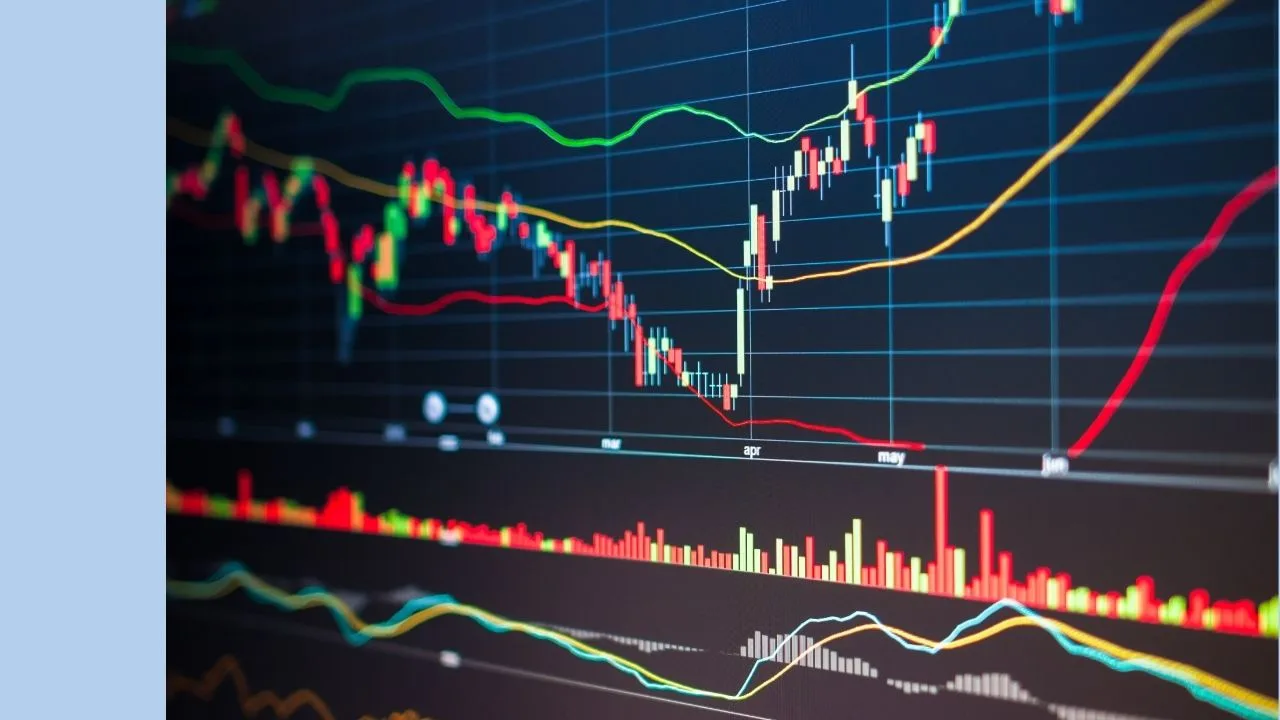ASX share price in focus
ASX Limited operates Australia’s primary national securities exchange. This includes the provision of securities exchange services, derivatives exchange services, central counterparty clearing services, and registry, settlement, and delivery-versus-payment clearing financial products.
The company provides access to a variety of different products, including shares, futures, exchange traded funds (ETFs) managed funds and real estate investment trusts (REITs).
ASX operates at the heart of the Australian financial markets. It oversees compliance for listed companies and aims to promote a high standard of corporate governance and a fairer playing field for retail investors.
WES shares
Founded in 1914, Wesfarmers is an Australian conglomerate headquartered in Perth. Its main operations span Australia and New Zealand and include retail, chemical, fertiliser, industrial and safety brands and products.
Wesfarmers is a bit like a publicly listed private equity company. It has a long history of buying businesses, benefitting from their cash flow, re-investing in them and then selling them for a more attractive price. A good example of this might be Coles Group, which it bought in 2007 and spun out in 2018. However, by far (over 50%) of the company’s operating profit comes from Bunnings, the #1 hardware and home improvement business in Australia. Wesfarmers originally invested in Bunnings in 1987, buying the final 52% in 1994 for $594 million.
Wesfarmers has long been considered a leading blue chip stock on the ASX and is known for paying a consistent dividend. Other household names owned by Wesfarmers include Blackwoods, Kmart, Target, Officeworks, and Priceline Pharmacy.
ASX share price valuation
As a growth company, one way to put a broad estimate on the ASX share price could be to compare its price-to-sales multiple over time. Currently, ASX Ltd shares have a price-sales ratio of 7.74x, compared to its 5-year average of 8.12x, meaning its shares are trading below their historical average. Please keep in mind that context is important – and this is just one valuation technique. Investment decisions can’t just be based on one metric.
Since it is a more of a ‘blue chip’ company, we could look at the dividend yield of WES to determine its value. WES is offering a historical dividend yield of around 2.83%, which compares to its 5-year average of 3.08%. The Rask websites offer free online investing courses, created by analysts explaining things like Discounted Cash Flow (DCF) and Dividend Discount Models (DDM). They even include free valuation spreadsheets. Both of these models would be a better way to value the WES share price.









